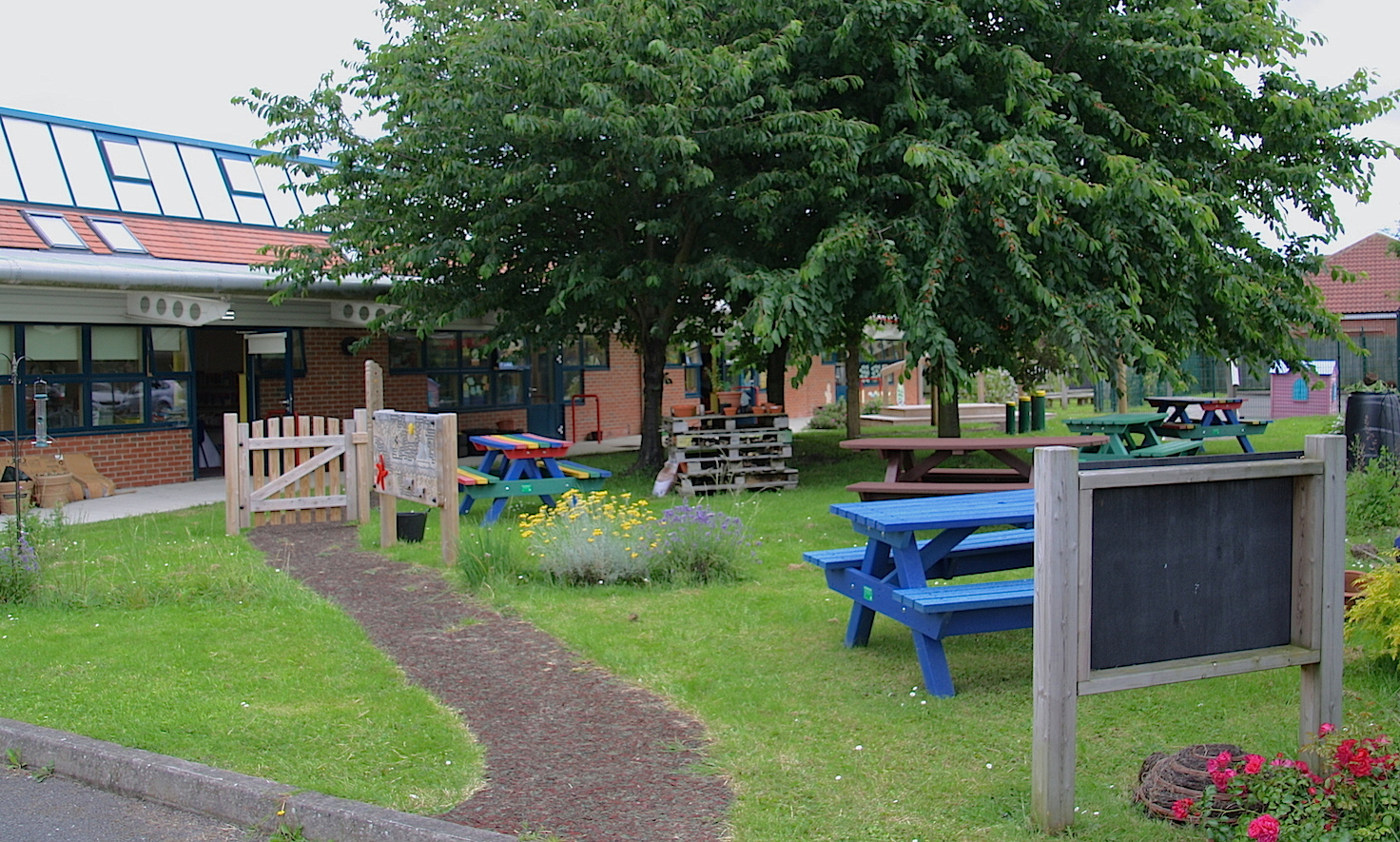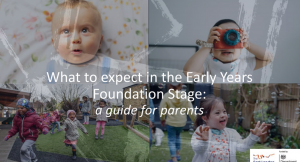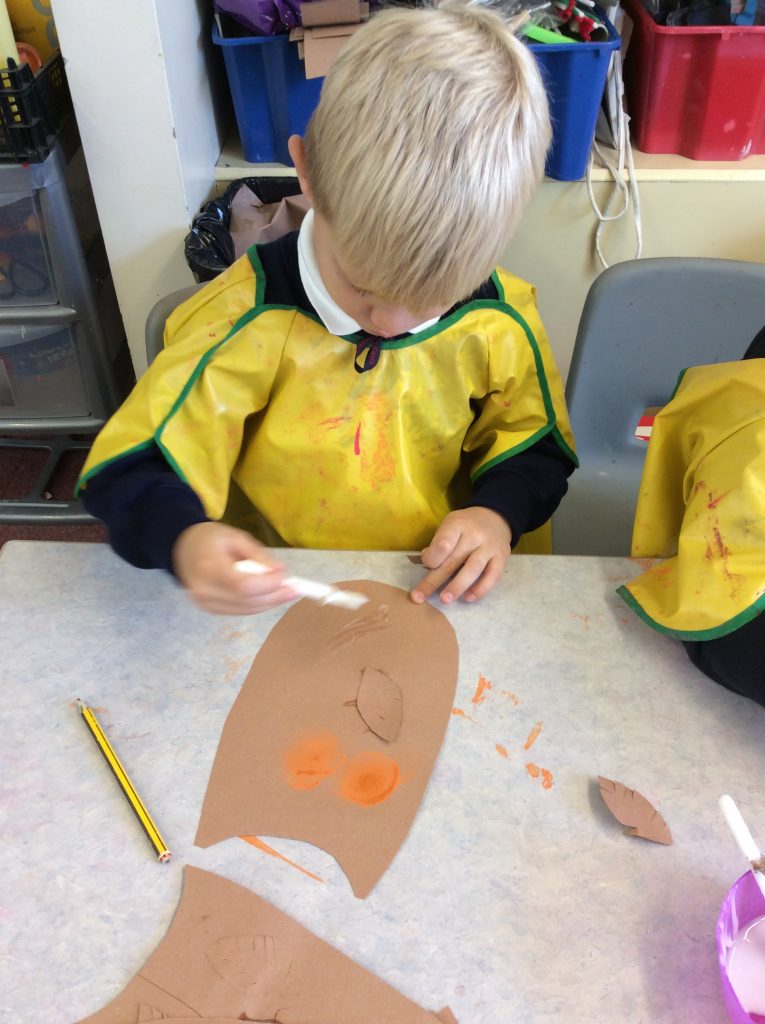
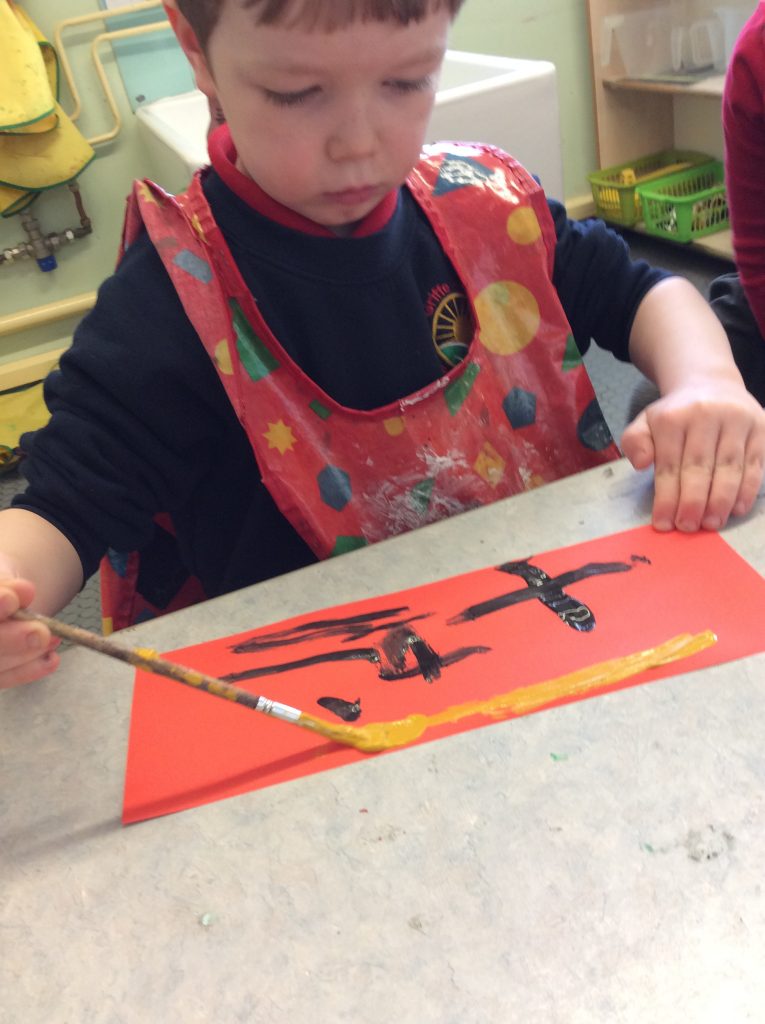
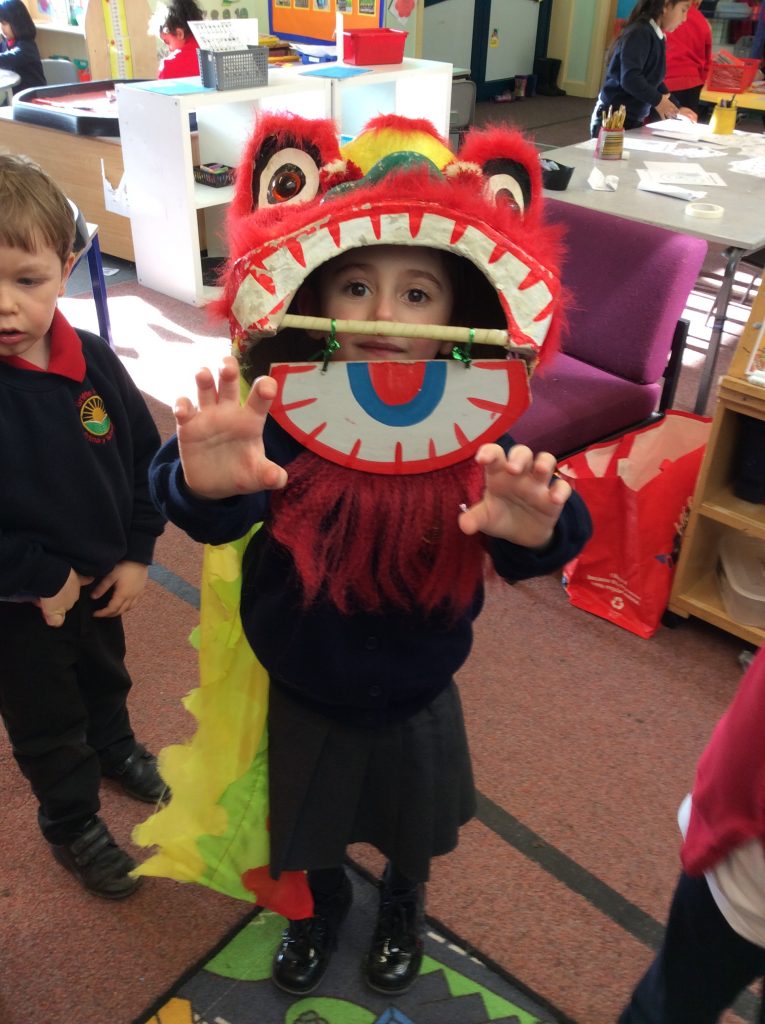
In the Early Years Foundation Stage at Griffe Field Primary School, we aim to provide the best possible start for our youngest children to enable them to fulfil their potential. Children develop quickly in the Early Years and a child’s experiences between birth and age five have a major impact on their future life chances. We work closely with our families to ensure high quality early learning so that together we provide the foundation children need to make the most of their abilities and talents as they grow up. Our EYFS teaching and learning ensures children’s ‘school readiness’ by giving children the broad range of knowledge and skills that provides the right foundation for good future progress through school and life.
In the Early Years Foundation Stage at Griffe Field Primary School, we believe that children learn best through a balance of child-initiated play and adult led activities. Our curriculum is carefully planned in line with the Early Years Foundation Stage. We draw on what we know engages and motivates our children, their own fascinations and predictable interests as observations and assessment of their individual stages of development.
Our team are passionate about promoting the Characteristics of Effective Learning which support our children in becoming self-motivated learners who embrace challenge and are inspired by the adventure of learning. This is used in conjunction with the Early Years Prime and Specific areas of development to ensure that each child is exposed to a broad and balanced curriculum.
In the Early Years Foundation Stage a rich learning environment is provided where children are challenged to develop further and become independent learners. In order to achieve this we maximise the opportunities for the children to develop their characteristics of effective learning.
“The characteristics of effective learning describe factors which play a central role in a child’s learning and in becoming an effective learner”.
(Statutory Framework for the Early Years Foundation Stage)
They are:
Playing and Exploring
- Finding out and exploring
- Using what they know in their play
- Being willing to have a go
Active Learning
- Being involved and concentrating
- Keeping on trying
- Enjoying achieving what they set out to do
Creating and Thinking Critically
- Having their own ideas
- Using what they already know to learn new things
- Choosing ways to do things and finding new ways
By the end of FS2 children should have attained the ELG (Early Learning Goal) in all seven areas of learning. The seven areas of learning are split into the prime and specific areas.
The prime areas are:
Communication and language: “…giving children opportunities to experience a rich language environment; to develop their confidence and skills in expressing themselves; and to speak and listen in a range of situations.”
(Statutory Framework for the Early Years Foundation Stage)
Physical development: “…opportunities to be active and interactive; and to develop their co-ordination, control and movement…to make healthy choices in relation to food.”
(Statutory Framework for the Early Years Foundation Stage)
Personal, social and emotional development: “…to form positive relationships and develop respect for others; to develop social skills and learn how to manage their feelings…”
(Statutory Framework for the Early Years Foundation Stage)
In addition to these there are also four specific areas, these are:
Literacy: “…encouraging children to link sounds and letters and to begin to read and write…”
(Statutory Framework for the Early Years Foundation Stage)
As part of Literacy Griffe Field Primary Primary follow The Little Wandle phonics programme.
Mathematics: “…to develop and improve their skills in counting, calculating simple addition and subtraction problems; and to describe shapes, spaces and measures.”
(Statutory Framework for the Early Years Foundation Stage)
Understanding the world: “…providing opportunities to explore, observe and find out about people, places, technology and the environment.”
(Statutory Framework for the Early Years Foundation Stage)
Expressive arts and design: “…to explore and play with a wide range of media and materials…providing opportunities and encouragement for sharing their thoughts, ideas and feelings through…art, music, movement, dance, role-play and design and technology.”
(Statutory Framework for the Early Years Foundation Stage)
To read more about the EYFS at Griffe Field, click here to read our 3 Is (Intent, Implementation, Impact) document.
To read our EYFS policy, please click here.
We design our Early Years Curriculum to be tailored to children’s needs and interests. You can view our Long Term plan and Curriculum Newsletters by following this link to our Curriculum News page.
You can also view our Reading Spines below.
At Griffe Field Primary School, we recognise that transition into a new EYFS setting is a very exciting time but some children can become quite anxious too. To support children, we provide a range of materials to support children and families during this time. Follow the links below to see these resources.
- Starting School Booklet – Information for families about how to prepare and what to expect when a child starts in Reception.
- Griffe’s Transition Book – Information about children about what to expect inside the Reception classrooms.
- Meet the Teacher Letters – Welcome letters from our Reception teachers; Mrs Dean, Mrs Rai and Miss Belgrave and our Nursery teacher Mr Flint.
- End of Year Expectations – Information for parents about what we aim for all children to achieve by the end of Nursery and Reception.
For information about how to support your child with their reading, please look at the information below.
- Sharing Wordless Books – Tips on how to read and share wordless books together.
- BookTrust – Reading to your child – More information on reading with your child at home from the Book Trust.
- Pronunciation Guide – A simple guide on how to pronounce each of the phase 2 graphemes, as well as a rhyme to remember how to write it too.
- Our School approach to Phonics and Early Reading.
If you would like to find out more about our EYFS, please do not hesitate to contact the school.
You can also click this link to find out more about admissions to our school and nursery.
Mrs Dean
Early Years Foundation Stage Leader
